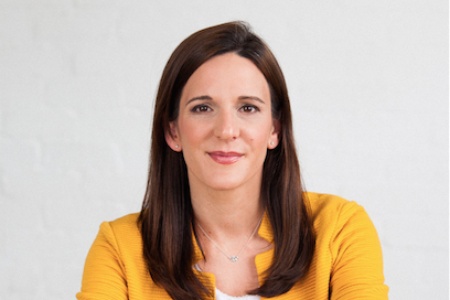KnowBe4 and IDC Raise the Cybersecurity Flag in Sub-Saharan Africa
Cyberextortion remains an ongoing threat in sub-Saharan Africa with data leakages and targeted attacks in top two positions; Growing investment into connectivity and IoT increasing the cybercrime attack surface; There is a linear relationship between GDP and cybercrime.
The KnowBe4 and IDC Impact of Cyberextortion on Africa report released in June 2022 has revealed a complex cybercrime landscape in sub-Saharan Africa (SSA) with data leakages, insider threats, malicious emails and targeted attacks continuing to seriously impact business security in the region. These threats are compounded by budget constraints and that nearly 60% of SSA organisations plan to increase connectivity and IoT use cases over the next 12 months. Growing investments into cloud, Internet of Things (IoT), connectivity and digital solutions increase the risks alongside the digital benefits.

The volume of threats facing organisations in Africa has grown exponentially over the past few years and there is a clearly visible linear relationship between the continent’s gross domestic product (GDP) and cybercrime – as one increases, so does the other, yet only about a third (17) of Africa’s 54 countries have completed a national cybersecurity strategy. This opens up the threat landscape considerably and puts organisations at greater risk.
Read also AfDB to Establish African Pharmaceutical Technology Foundation
The top threats facing organisations in SSA in 2022 are data leakage (61%), insider threats (43%); targeted attacks using phishing (37%); cloud-related attacks (34%); and ransomware attacks (30%). The top five global threats are business email compromise, cloud misconfigurations, software supply chain attacks and non-compliance. Phishing or social engineering attacks remain the second most common type of cybercrime and are evolving in terms of technique and success rates. These challenges are influencing security strategy for organisations going forward with 43% focusing on security for cloud migration, 40% on strengthening secured access for a distributed workforce, and 36% focused on strengthening customer trust in digital services.
According to the report, 56% of organisations in SSA are in the first two stages of data security maturity which means that many are still struggling to find their security footing in this shifting landscape. A lot like trying to find balance in the middle of an earthquake, cybersecurity threats are keeping decision makers and security teams off balance, particularly in light of skill-shortages, budgets and increased regulatory complexity.
Read also African Fintech Zazuu Raises $2M For Its Cross-border Payment Marketplace
“Chief Information Security Officers (CISOs) are struggling to find competent staff that can handle the security alerts they receive while also keeping up with data protection regulations, and building networks capable of withstanding the cyberthreats,” says Anna Collard SVP Content Strategy & Evangelist at KnowBe4 Africa. “In addition, one out of every three companies believes that there is insufficient integration between security and IT teams with 30% saying that hiring and retaining security skills is a challenge.”
Cyberextortion is lucrative. And cybercriminals don’t expect much retaliation from African states. This means it is unlikely to stop and very likely to become even more prevalent on the continent. Organisations have to focus on security investments and strategies that will allow combating this threat with more agility and resilience. This means prioritising a defence in depth model with cloud security; privacy and compliance; choosing the right security service providers and building a security culture among both decision makers and employees.
Kelechi Deca

Kelechi Deca has over two decades of media experience, he has traveled to over 77 countries reporting on multilateral development institutions, international business, trade, travels, culture, and diplomacy. He is also a petrol head with in-depth knowledge of automobiles and the auto industry


















